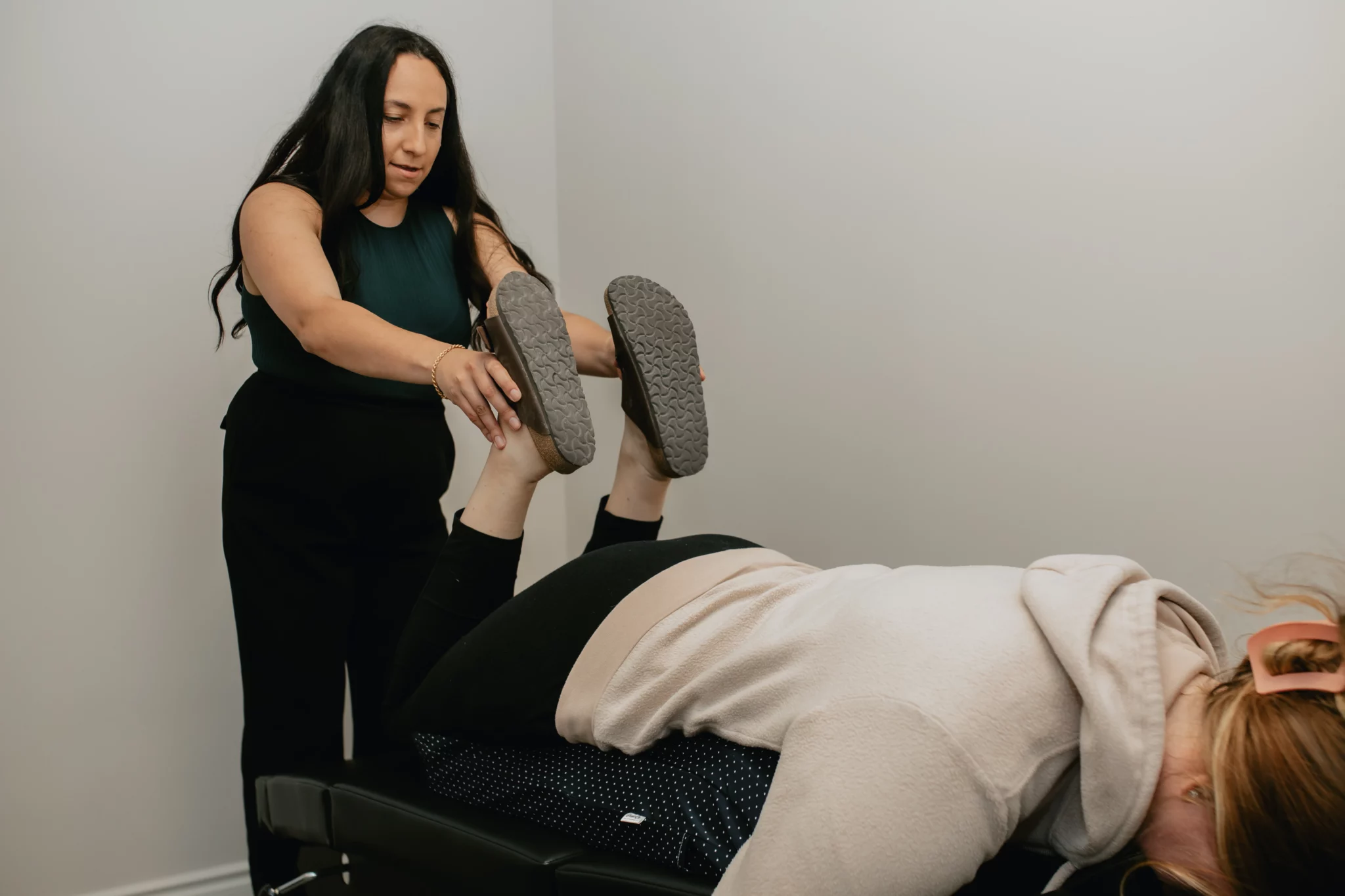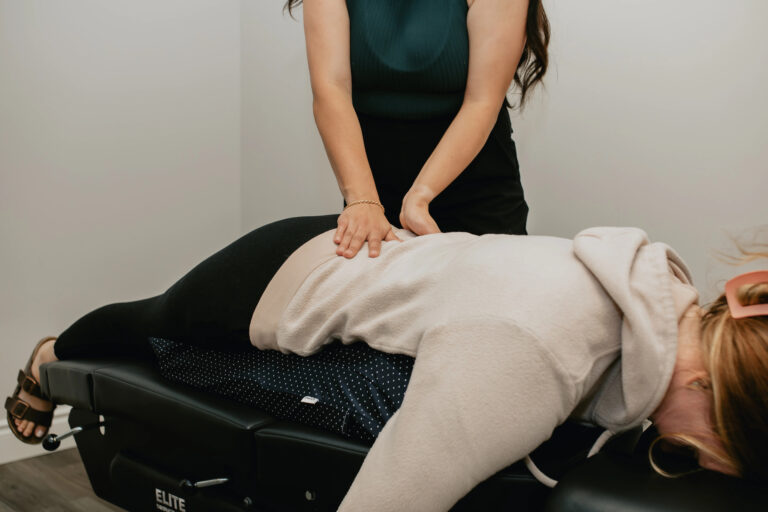When caught early before excessive scarring and degradation, pinched nerves often heal well with conservative chiropractic care. However, a compressed nerve can progressively worsen if left untreated. And pinched nerves rarely improve on their own without properly addressing the source factors causing the nerve irritation in the first place. Ongoing compression ultimately leaves nerves unable to properly transmit signals leading to chronic issues (see other Chronic Pain Treatments) like:
• Permanent Numbness and Tingling: Early pins-and-needles sensations become permanent numbness which spreads
• Weakness and Coordination Problems: Nerves lose ability to activate muscles leading to weakness/ instability
• Severe Burning Pain: As neurons die off, persistent throbbing pain intensifies
• Paralysis: In severe long-term compression like a tumor, muscles may fully paralyze
That first phase of pinched nerve care is critical before you develop chronic nerve deficits. Seeking prompt treatment when symptoms first arise gives nerves the best chance of bouncing back before extensive damage happens. Even if your discomfort fades away temporarily, underlying nerve inflammation and compression still lurks needing proper care. And left unchecked, symptoms inevitably return worse than before.
Risk Factors for Developing Painfully Pinched Nerves
Pinched nerves can really happen to anyone. But certain situations do increase your risk:
• Jobs or Athletics with Repetitive Motions: assembly line work, shelving items, pitching balls, golf swings
• Trauma: car accidents, falls on ice, sports collisions, impact injuries
• Weight Gain: excess pounds strain joints like wrists and knees where nerves pass
• Poor Posture: slouching slims spinal openings putting pressure on nerves
• Family History: nerve compression issues tend to run in families
• Chronic Diseases: diabetes, arthritis, and autoimmune disorders spur inflammation
• Structural Changes: bone spurs, fluid retention with pregnancies or hormonal changes
Pinpointed Areas Most Prone to Pinched Nerves
While nerves can get pinched almost anywhere, some locations see more compression issues including:
• Lower Back: Lumbar spinal nerves get pinched exiting the bony spinal column or by herniated discs. This causes sciatica radiating down the leg.
• Wrist: Swelling within carpal tunnels compresses the median nerve causing numbness, tingling and weakness in thumb, index and middle fingers.
• Shoulders: Injury or poor posture leads to pinched nerves between neck vertebrae or under shoulder blades.
• Elbow: Cubital tunnel syndrome from swelling or bone spurs puts pressure on ulnar nerves. (See our other post!)
• Ankles/Feet: Sports injury, arthritis and inflammation pinch nerves between small foot bones causing burning or numbness.



